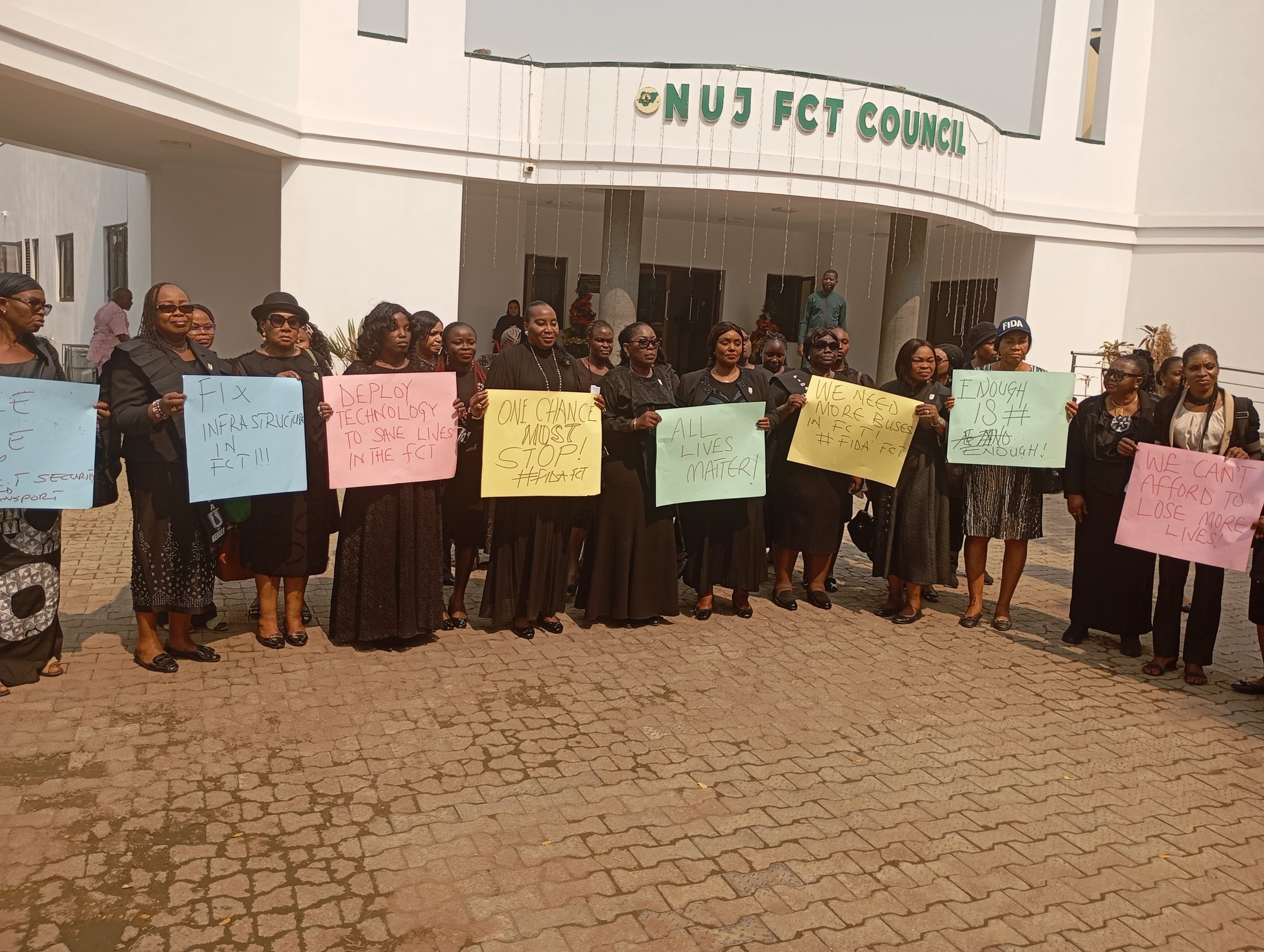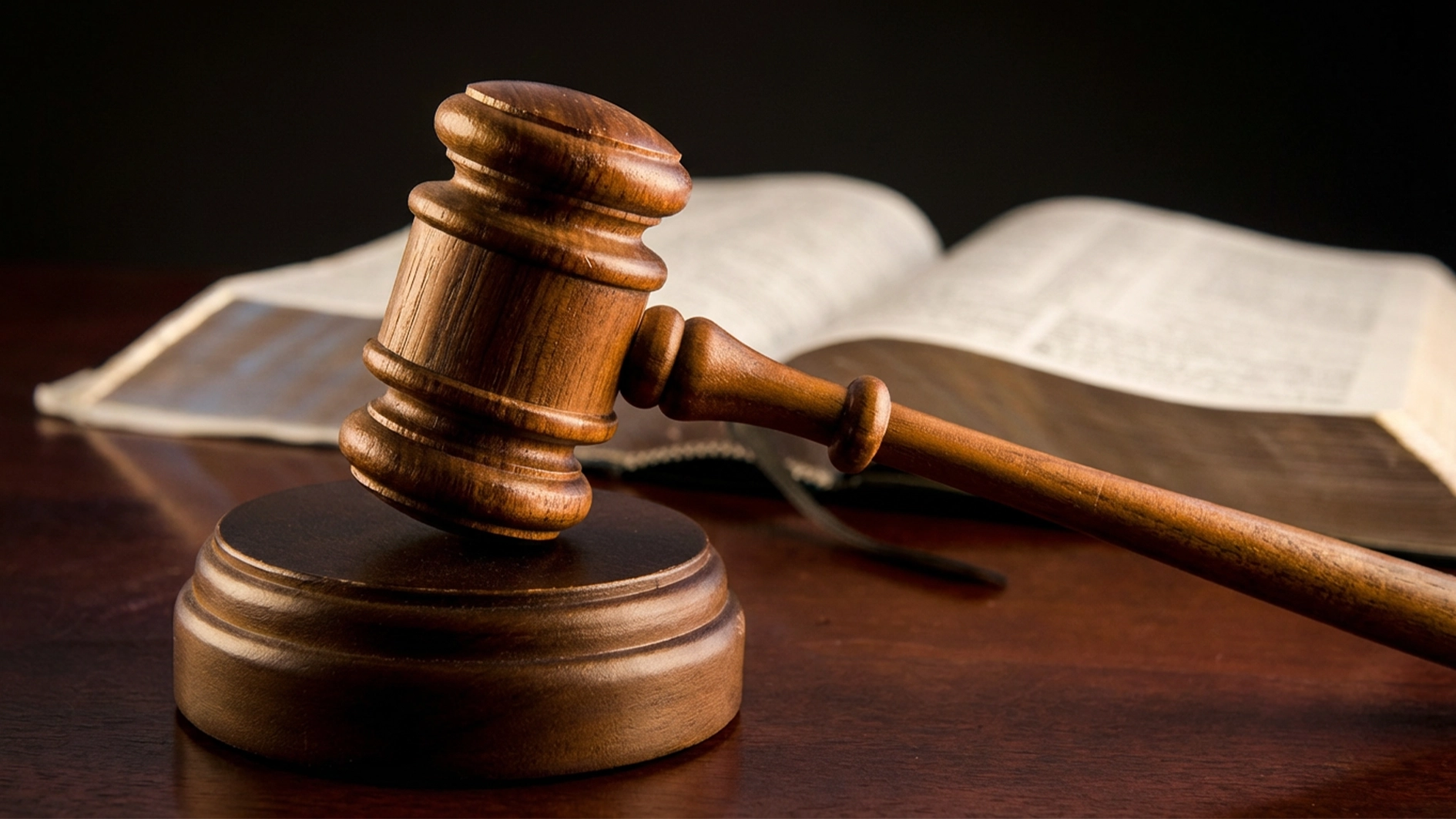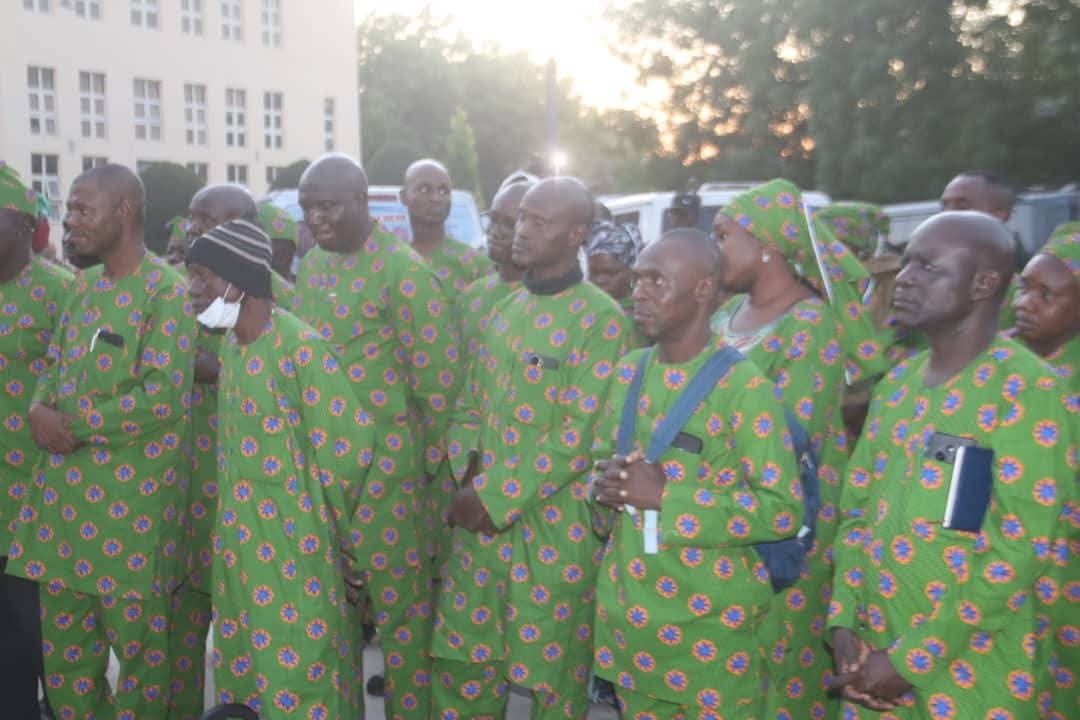
Financial crimes, graft undermining national devt, says EFCC
Civil Society Legislative Advocacy Centre (CISLAC) has revealed that Nigeria recovered over $5 billion in stolen assets over the past 25 years.
This was made known during yesterday’s official launch of CISLAC’s sixth research report on Nigeria’s implementation of the Common African Position on Asset Recovery (CAPAR) in Abuja.
In the same vein, the Economic and Financial Crimes Commission (EFCC) asserted that financial crimes and corruption were undermining the country’s development, noting that with the issues addressed, Nigerians would fondly remember both the commission and the National Assembly.
The CISLAC research assessed Nigeria’s progress in reclaiming stolen assets and the challenges that remain for the country.
According to CISLAC’s Executive Director, Auwal Rafsanjani, asset recovery has been central to CISLAC’s advocacy over the years.
Rafsanjani emphasised that while legal structures existed, there was a pressing need for consistent implementation and transparency in the management of recovered assets.
He said Nigerians, as the real victims of corruption, deserved to enjoy the benefits of recovered assets.
The CISLAC boss pointed out the widespread concern over cases where recovered assets were reportedly re-looted or unaccounted for, maintaining that a lack of transparency, especially regarding assets recovered locally, fuelled calls for accountability.
“The United Kingdom, for example, now requires people to declare the sources of their wealth before purchasing expensive property, which is an outcome of advocacy efforts led by CISLAC and Transparency International. Similar regulations were also proposed in the United States, Dubai, Malaysia and other countries,” Rafsanjani said.
Among the crucial parts of this report is the CAPAR framework, adopted by the African Union (AU) in 2020, outlining four core pillars for asset recovery: detection, recovery, management and international cooperation.
He said Nigeria had established alliances with other nations, to guarantee a unified African effort to retrieve and repatriate assets to the continent.
CISLAC urged the government to enhance engagements with citizens and civil society, enact a Whistle-blower Blower Protection legal framework as well as other whistle-blower protection channels, amongst others.
The Common African Position on Asset Recovery (CAPAR) is a milestone in the AU’s approach to the recovery of assets stolen from the continent. It sets out international, regional and national recommendations to enhance asset recovery.
The Executive Chairman of EFCC, Ola Olukoyede, made this assertion, yesterday while receiving members of the House of Representatives Committee on Financial Crimes during an oversight visit to the commission’s headquarters in Jabi, Abuja.
According to him, the committee members and the EFCC are mandated to tackle the menace of financial crimes and corruption, to advance the country.
“The mandate before you, which is also before us, if managed effectively and efficiently, will be remembered by Nigerians in the long term.
“This is one of the major challenges undermining our development in Nigeria. Tackling financial crimes and corruption effectively is a responsibility before you, as well as the EFCC. It is therefore appropriate for us to work together,” Olukoyede said.
He also highlighted the importance of prevention in the commission’s operations, noting that preventing corruption is more effective than simply enforcing the law.
The anti-graft czar explained, “For every N10 recovered, perhaps N30 or N40 may have been stolen. If we recover about N440 billion and several billions of dollars in a year, imagine the total amount siphoned from our system. That is the unfortunate reality.
“Thus, we are focusing on prevention. Over the past year, we have established a new directorate for risk assessment and control.”






